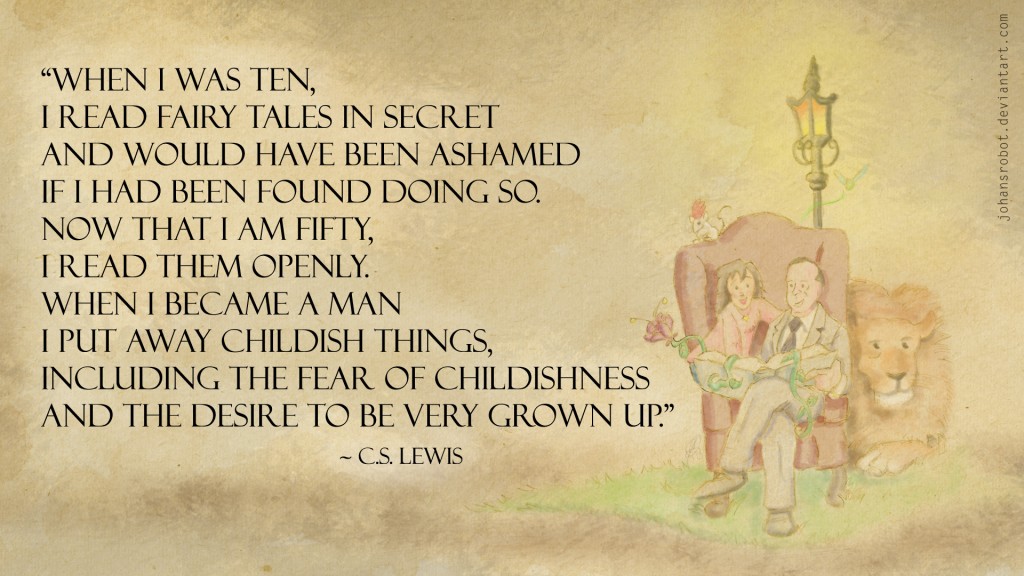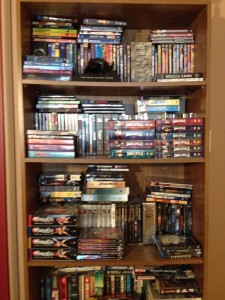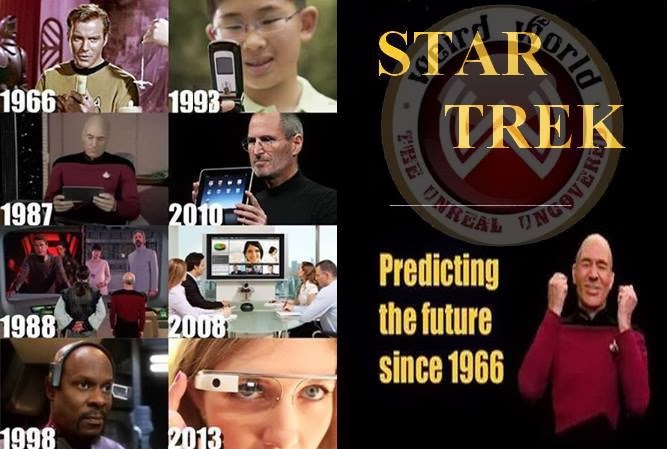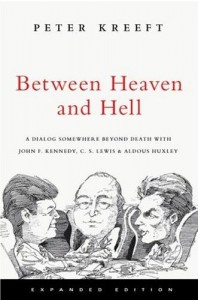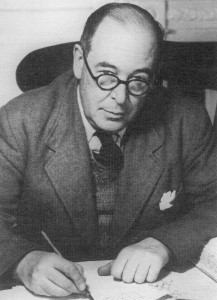
I (usually) have the patience of a saint, but even a saint has his limits.
While things like the Internet and self-publishing have given writers greater opportunities for instant gratification, the writing life remains the slowest business in the world. A writer must have patience, among other things, or else he will give up early in the race. I know this firsthand. It took at least six months longer than normal for Hades Publications to pick up Pandora’s Box, and even then it was because I pestered them to the point of a restraining order. It takes time for editors to rummage through manuscripts and separate the wheat from the chaff. Then that “wheat” must be threshed (i.e. edited).
Lately, I’ve felt like my life and especially my career have been in a holding pattern. I’ve tried to contact publishers about writing for them; agents about representing me; and artists about creating artwork for self-published books. Many of them take a while to respond, if at all. I joined a freelance writers group, but was put on the waiting list since there aren’t any openings right now. I tried to sign up for this year’s Writers’ Corner at Gen-Con, but it filled up fast, so I was—you guessed it—put on the waiting list. There’s no guarantee I’ll return as a merchant to the convention this year. 🙁 I’ve also been considering going to grad school, but due to a combination of ignorance and tarrying, I may have to postpone that until next year.
This drives me crazy because I am a man of action. When I set my mind to do something, I do it. Unfortunately, I can only do so much. Eventually, I must let someone else, like an editor, do his job before I can continue. On the other hand, I’m not immune to the sting of failure. Past disappointments have paralyzed me; made me hesitant to forge ahead. It’s hard to move when you haven’t any momentum. Perhaps my difficulty with beginnings goes beyond writing stories.
I began 2014 with the goal of trusting God more. Little did I realize that like Morgan Freeman’s God said in Evan Almighty would be true: “If someone prays for patience, you think God gives them patience? Or does He give them the opportunity to be patient?” Patience, like most things, requires trust. In order to foster both, one must have opportunities for them. An athlete can’t develop muscles unless he exercises. So it is with developing virtues.
I say all of this to say that, perhaps, these holding patterns are God’s ways of answering my prayers. I may not like it, but in the end, it will be the best thing for me.
As the old saying goes, “Good things come to those who wait.”
However, I think my favorite Bible verse says it better: “But they that wait upon the LORD shall renew their strength; they shall mount up with wings as eagles; they shall run, and not be weary; they shall walk, and not faint” (Isaiah 40:31 KJV).





